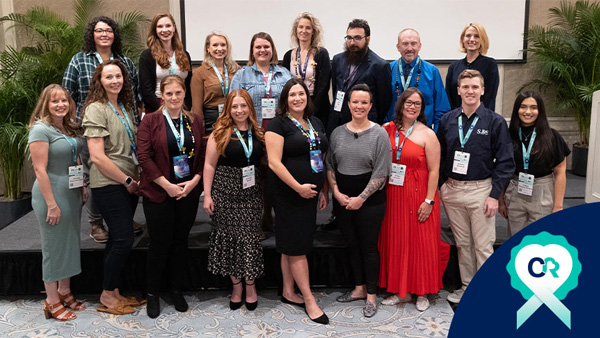The Formula for Dynamic Leadership & How Leadership Can Determine the Success or Failure of Your Company
by Dr. Natalie Parks
Several studies have shown that the success (or failure) of a business can be accredited to its leaders (Bersin, 2012; Investor Today staff, 2014; Lipman, 2013; McCafferty, 2013). Strong and effective leadership has direct effects on every aspect of the business including growth and expansion, employee retention and satisfaction, productivity, policies and procedures, and development. Without effective leadership, businesses struggle, observe decreases in profit margins, cannot sustain growth over time and see increases in turnover and decreases in productivity.
There are several examples of what can happen when a company’s executive leadership struggles. The company Uber is an excellent example of what can happen. Uber’s former CEO, Travis Kalanick was involved in a series of scandals that involved sexual harassment, labor regulation, lack of diversity, and sexism. These scandals led to the very damaging social campaign #DeleteUber and a lawsuit from Google’s parent company Alphabet. The financial ramifications of this are astronomical. Not only did the company lose money from fleeing customers, but also in the search for a new CEO, higher employee turnover, and additional lawsuits from former employees, but this company’s difficulties also had an effect on the larger economy as well.
Not every company will go through challenges as large or widely publicized as Uber; however, every company with poor leadership will experience financial, staff, and/or legal difficulties at some point. However, with strong and effective leadership, companies will experience the opposite.
Strong leadership sets the tone for the company and provides a model for all employees. Employees look to the leaders of the company for guidance on how to communicate, how to do their jobs, how to interact with each other, and to determine if their jobs are important to the company. Leaders who have a strong focus on the mission, vision and values of the company, have effective communication skills, know how to invest in and build their teams, can plan and manage strategically, and who are focused on remaining ethical in the most difficult times are the leaders who thrive. These leaders lead their businesses to thrive even in the most difficult of situations. Thus, it is pertinent to ensure leaders of organizations have mastered the skills necessary to ensure their businesses thrive.
While leadership skills can be learned, it has been estimated that it takes 20.3 months to get high-potential employees prepared to assume a mid-level leadership position and 38.11 months to prepare them for a senior leadership position (Filipkowski, 2014).
Companies who regularly identify high-performing employees and provide them with training place themselves ahead of other companies, who more commonly struggle to find new leaders only after a current leader announces his or her exit.
Leaders or potential leaders do not have to rely on their companies to provide them with the necessary training and skills to be a strong leader. There are many training programs, books, workshops, and other materials all focused on leadership skills. One can take it upon his or herself to invest in a program that will advance his or her skills so that s/he is prepared to advance when the opportunity comes along.
However, with the numerous programs currently targeting leaders, it can be difficult to determine which program is best. Here are some guidelines to help you choose the most effective program.
- Look for a program that provides training in all areas of leadership, not just one or two. As stated above, leadership skills cover a wide range of skills from communication, team development, personal effectiveness, strategic planning and management, and ethics. Any program that does not cover the breadth of skills necessary to lead an organization will leave the potential leader lacking key skills.
- Ensure the program is evidence-based and supported by research. Many programs are the result of one’s personal experiences or thoughts without any supporting research. While the skills discussed may have worked for that person, you want to be sure that you choose a program that works for most.
- Look for a program that provides lecture, notes, and follow up activities. The best way to learn is to do it yourself. Programs that do not provide you with opportunities to practice your skills may be rich in content, but may not provide you with what is needed to ensure application of skills covered.
The Dynamic Leadership Formula is an example of a program developed after conducting years of research in the field. As a former executive leader in multiple companies, I believed it was important to provide a training that not only covers all skills necessary for any leader of any company to thrive, but also provided a training method based on research. While in-person training is always best, most of us do not have extra days or weeks that we can spend in workshops or working 1-on-1 with a coach. The Dynamic Leadership Formula allows individuals to study the skills in short increments and then practice each skill by completing follow up homework, ensuring the skills covered are applied to the leader’s daily routines and responsibilities.
Any leader that is ready to increase their skills or any individual preparing for their next leadership position would benefit from this program. If you are ready to fast track your skills and take your business and team to the next level, sign up now!






Love this article! Great idea!
Yep I agree. Great read!